Google Stadia won’t make me ditch my gaming PC any time soon
I want to own my games
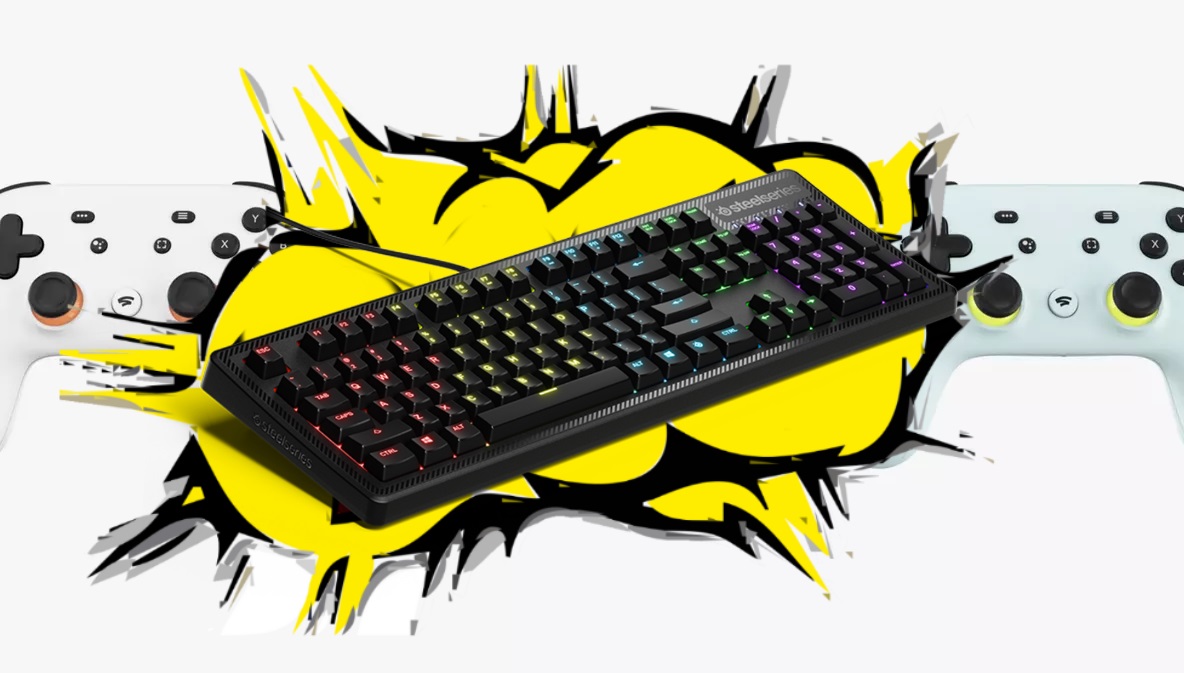
Sign up for breaking news, reviews, opinion, top tech deals, and more.
You are now subscribed
Your newsletter sign-up was successful
Google has announced its new Stadia game service, and while the cloud gaming service could prove troublesome for next-gen consoles like the PS5 and Xbox Two, as a PC gamer I was left decidedly unimpressed.
Google claims that Stadia means “the future of gaming is not a box,” and would probably love nothing more than for me – and other PC gamers – to take a look at our expensive graphics cards, bags of RAM and multi-core processors and vow “never again!”
But, if Google wants me to stop getting excited about Nvidia and AMD (and, eventually, Intel’s) new graphics cards, and instead buy a Chromecast, it’s going to be sorely disappointed.
The idea that Google can use its servers and infrastructure to stream the latest games to any device that can run Chrome is certainly intriguing, but there are a number of factors that means the service at the moment just isn’t for me. As a PC gamer, there’s also some things that I take for granted that I would not like to give up.
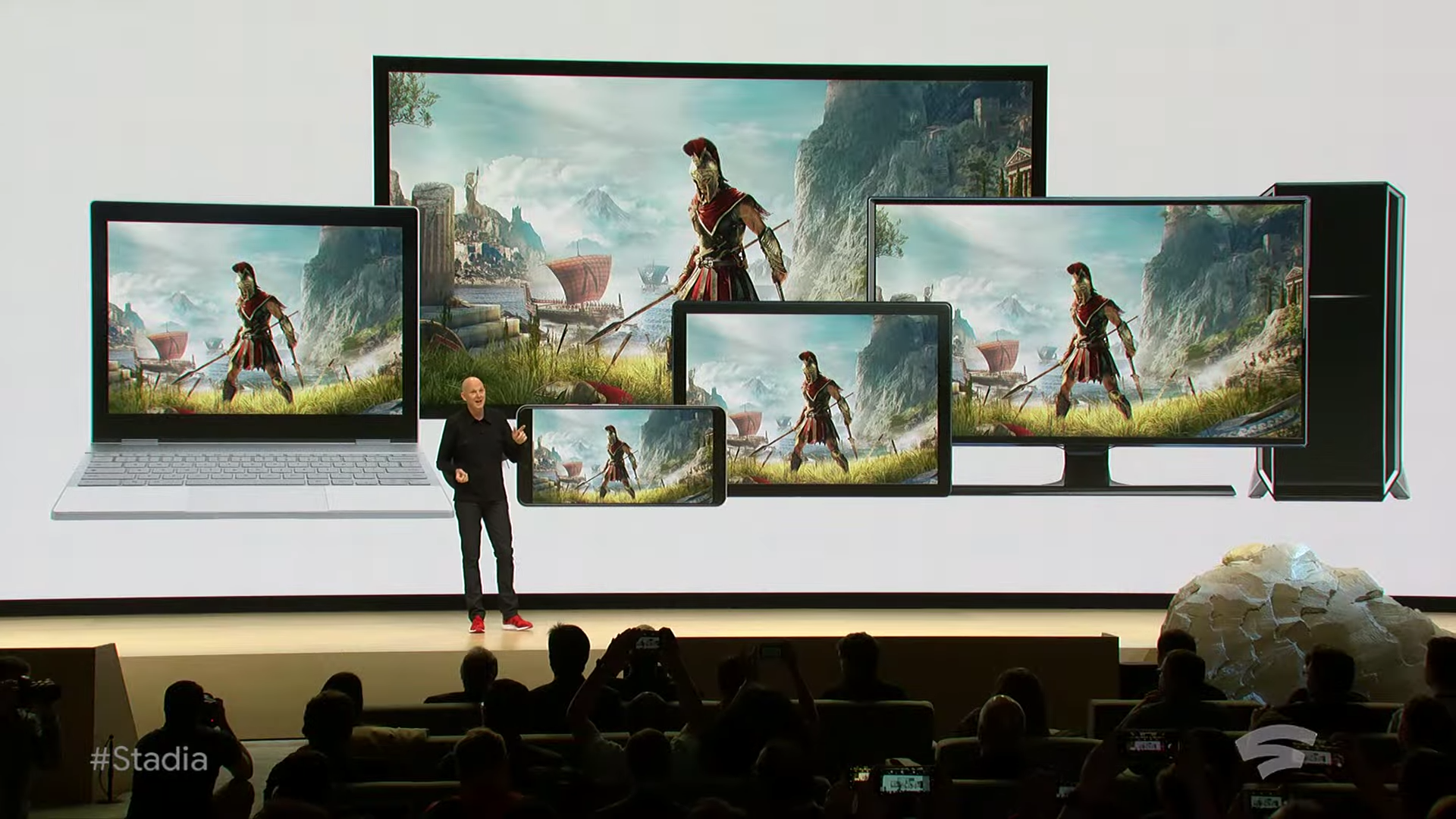
Who owns my games?
With PC gaming, arguably more so than console gaming, when you buy a game, you really do feel like you own it. If you want evidence of this, look at the thriving modding scene on PC, where dedicated fans have delved into the code of their favorite games, adding new features, upgrading graphics and even completely overhauling them to make an entirely new game with total conversion mods.
Google mentioned nothing about mod support at the Stadia launch, but for many of us PC gamers, we’re coming to the conclusion that mods won’t be supported – after all, the games will be installed on Google’s hardware, not our own.
But it’s not just about mods that mess around with the main game. PC gamers are used to editing .ini files that are installed alongside our games to make them run better – sometimes fixing issues that the games developers haven’t got around to, like adding support for 21:9 aspect ratios. With the games installed remotely, that won’t be possible.
Sign up for breaking news, reviews, opinion, top tech deals, and more.
With the games installed on our hard drives, those games felt like we owned them, and if we wanted to fix or add something to them, we could.
With Stadia, the games remain on Google’s hardware, and in the end, they’ll still belong to Google. If Google decides to remove a game from the service, then there’s likely not much you can do about it.
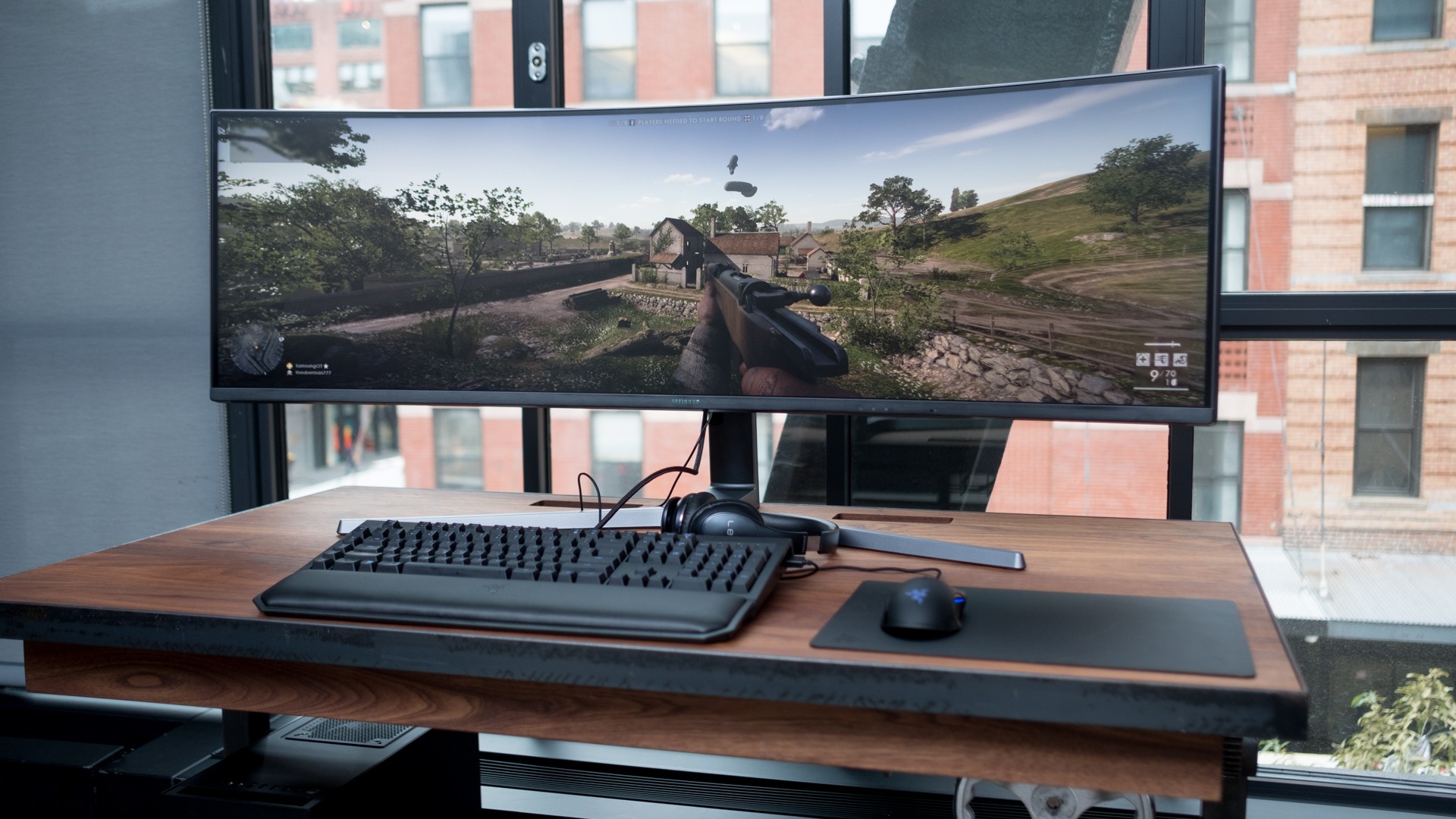
Openness is good
One of the best things about PC gaming is its open design, allowing players to adapt many games to their needs and tastes. Sure, there are walled gardens like Steam, but even that allows you to mod and alter game files.
Also, PC gaming is home to all kinds of different resolutions and aspect ratios, thanks to high-resolution and ultra-wide monitors. At the moment Stadia just offers 1080p at 16:9, which for many PC gamers will feel like a step backwards.
Sure, in the future Google is promising 4K HDR and even 8K resolutions, but we don’t know when those are coming (though Google promised 4K by the launch of the service).
But what about those of us playing on 21:9 aspect ratios at 3,440 x 1,440 resolutions? With 144Hz refresh rates? I just don’t think Stadia will be able to offer a comparable experience.
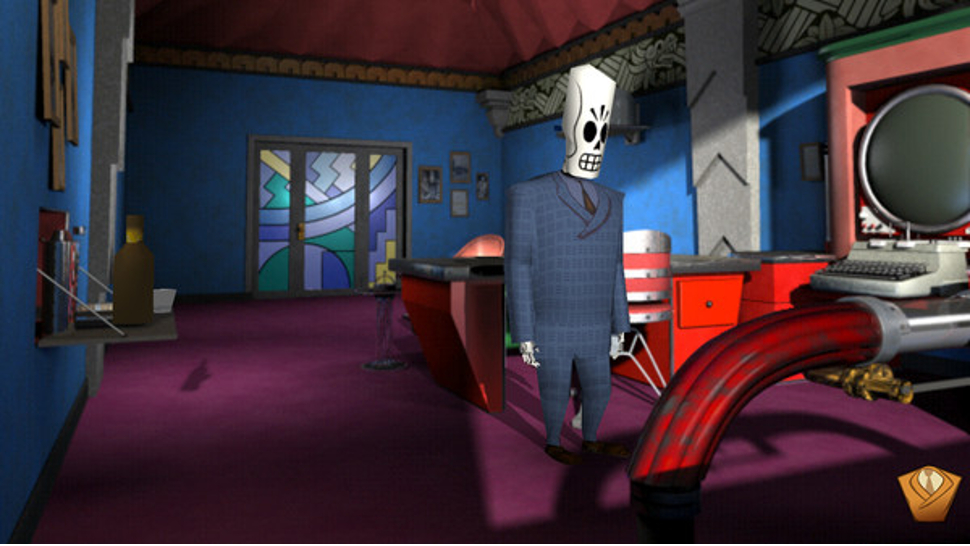
Backwards compatibility
The PC has the largest catalogue of games in the world, and if you want to play a PC game from decades ago, you usually still can, even if it involves a bit of tinkering. For Stadia to compete, it will need to offer a lot of games right off the bat.
While Google is working with a lot of games companies to bring their games to Stadia, there are some noticeable exceptions – such as EA and its Frostbite engine. If this means that titles such as Battlefield and Fifa can’t be played, then that’s a massive disadvantage.
Also, if EA keeps off Stadia, that means it won’t provide one of the biggest selling franchises in PC game history: The Sims.
PC gamers have access to literally thousands of games right now. There have been three games announced for Stadia so far.
Scalability – so what?
There are two big features of Stadia that might impress console gamers, but could cause PC gamers to simply shrug their shoulders, such as scalability.
Unlike consoles, which are fixed hardware that will only get minor upgrades over the course of their life, Google claims that Stadia’s hardware will continue to be upgraded so that it offers excellent performance for the very latest games.
For console owners, this may seem novel, but this is something we’ve enjoyed on PCs since…well…forever. Being able to swap in a newer graphics card to keep up with the latest games is one of PC gaming’s (more expensive) joys.
Now, if Google prices Stadia correctly, it might be cheaper to subscribe to the service than upgrade your GPU every few years, but to be honest, even mid-range GPUs these days can last years while offering brilliant gaming performance.
Let’s not forget that most games will still have to run on PS5 and Xbox Two hardware, which will limit just how advanced these games will be.
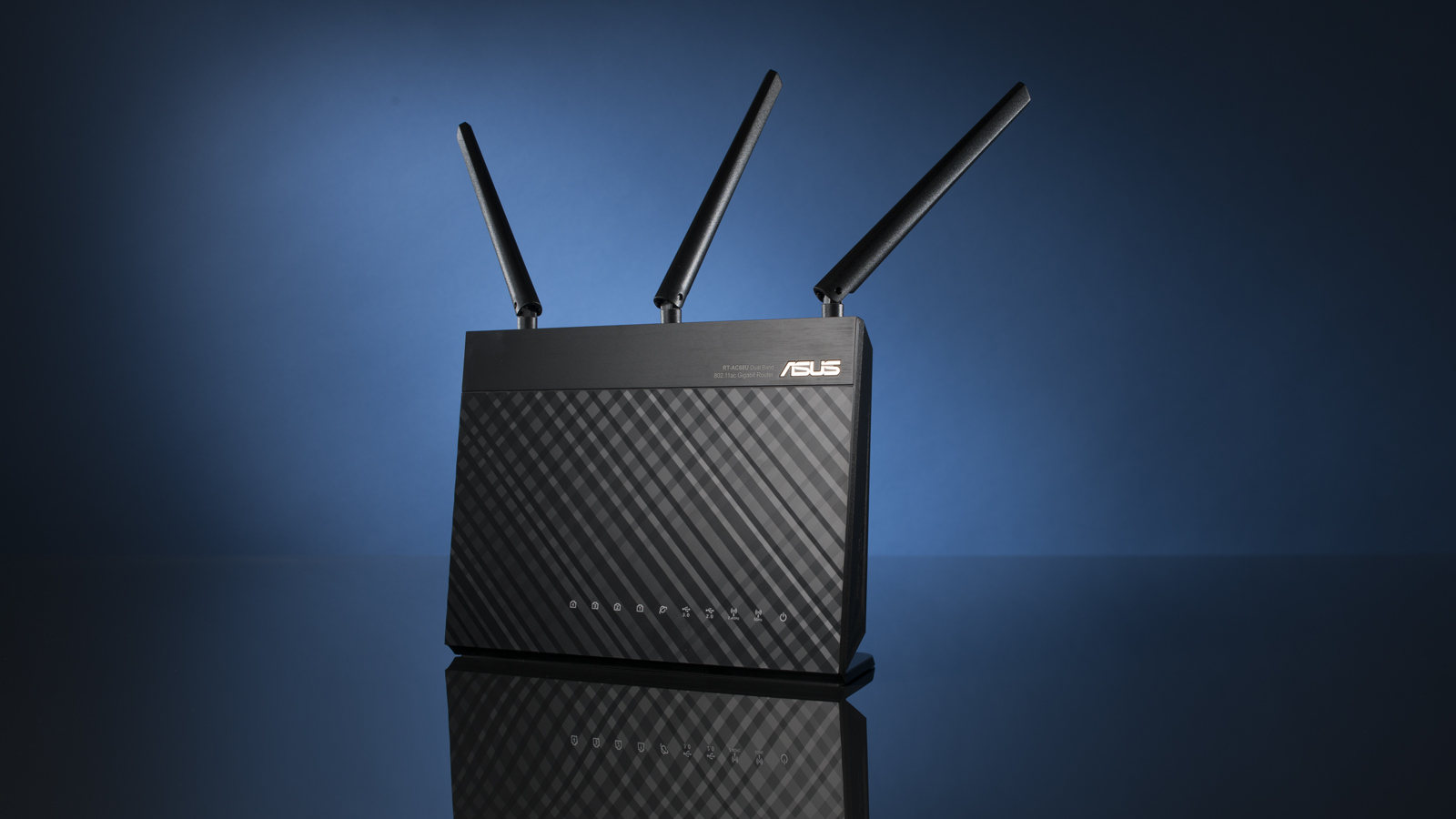
It all boils down to your connection
At the end of the day, despite all of Google’s promises for Stadia, it all depends on your internet connection.
While the promise of instant 4K gameplay is great, if anyone has ever had to wait for a Netflix show to buffer, or had to suffer from reduced speeds during peak hours, then Stadia simply won’t work well. If you’re signed up with a broadband provider that caps the amount of data you can use each month, then you can forget about it.
This is especially important when it comes to latency. This is the gap between you controlling the game, and it appearing on screen. PC games, and peripherals like monitors and mice, have been designed to minimize latency and lag. The faster, more responsive, a game is, the more enjoyable it is.
Plus, in competitive online games (like so-called ‘twitch shooters’) where reflexes are everything, any lag can be game-breaking. By streaming your games over Stadia, no matter how much Google protests, there will be some lag, and for many of us that just won’t do.
So, while Stadia does offer a fascinating glimpse of a box-free future for gaming, it’s not going to convince me to ditch my beloved box just yet. No matter how expensive, loud and desk-hogging my rig is.
- Here's the best PC games of 2019

Matt is TechRadar's Managing Editor for Core Tech, looking after computing and mobile technology. Having written for a number of publications such as PC Plus, PC Format, T3 and Linux Format, there's no aspect of technology that Matt isn't passionate about, especially computing and PC gaming. He’s personally reviewed and used most of the laptops in our best laptops guide - and since joining TechRadar in 2014, he's reviewed over 250 laptops and computing accessories personally.